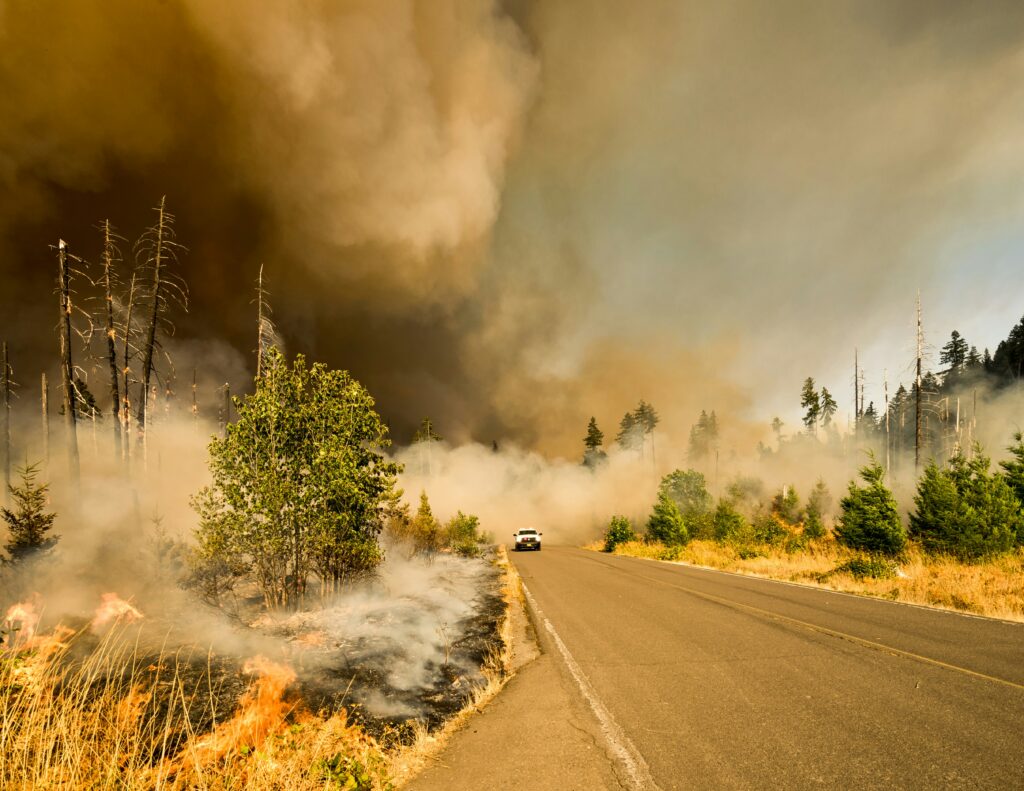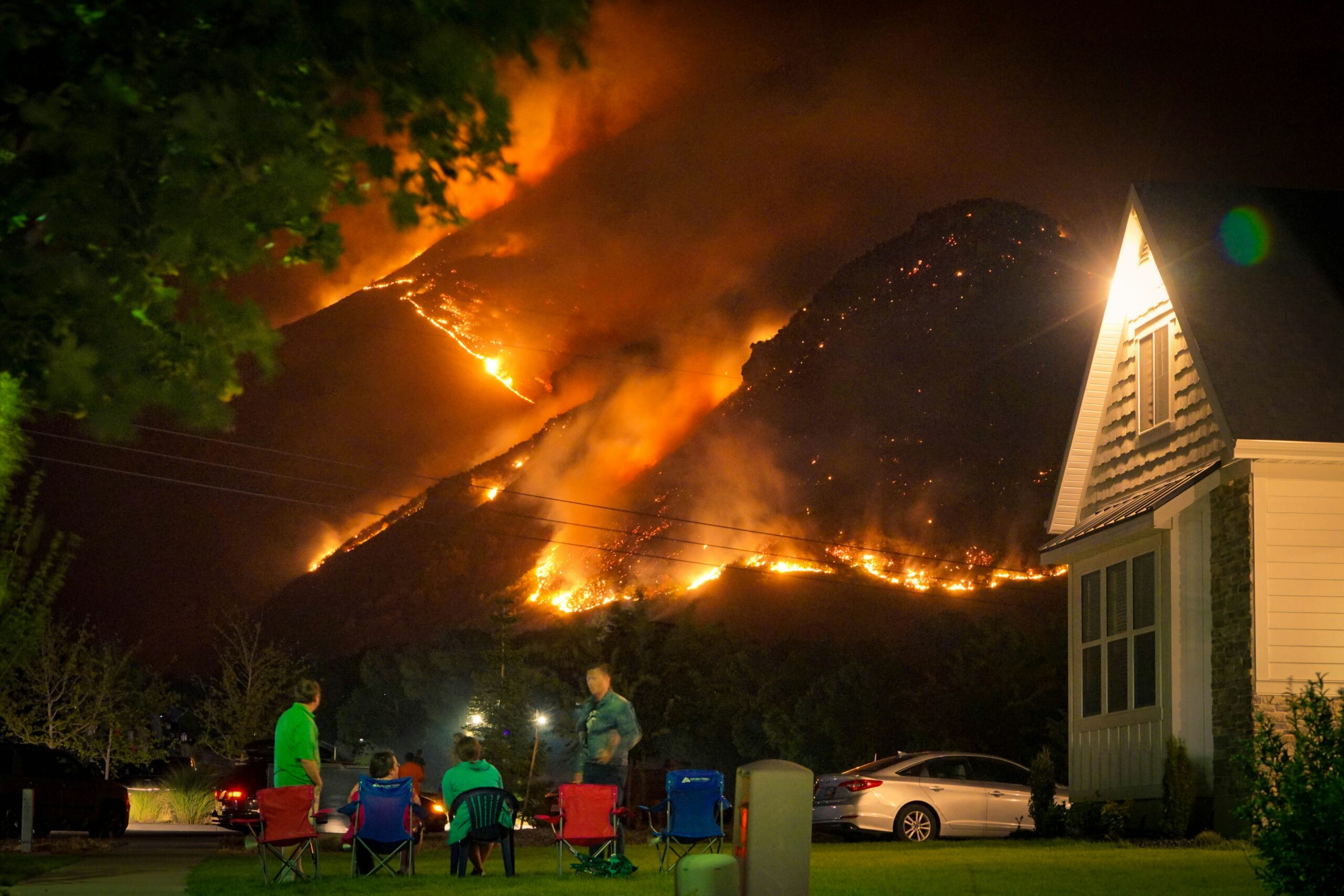The rise in wildfires has made wildfire smoke health tips more important than ever for families and communities.
Smoke from wildfires can affect people far from the fire zones due to shifting winds and changing weather patterns.
The wildfire smoke health tips in this guide will help you lower the risks and stay safe during poor air quality events.
How Wildfire Smoke Affects the Air
Wildfires release gases and particles into the air, reducing air quality across large areas.
This smoke contains harmful substances, including tiny pollutants like PM2.5 and toxins from burned buildings and chemicals.
Jet streams can carry smoke across state lines and even to different countries.
Health Risks of Wildfire Smoke
Small particles in smoke can go deep into the lungs and enter the bloodstream.
This can lead to coughing, wheezing, trouble breathing, eye irritation, and skin problems.
In serious cases, wildfire smoke may trigger heart attacks, strokes, or worsen lung diseases.

Who Is Most at Risk?
Wildfire smoke is most dangerous for:
- Children
- Seniors
- Pregnant people
- Those with asthma or heart conditions
- Outdoor workers
If you have a chronic illness, talk to your doctor. Learn what symptoms need care or medication changes.
How to Prepare Before Wildfires Hit
Use these wildfire smoke health tips to get ready:
- Make an evacuation plan for your family.
- Stock several days’ worth of water, food, and medications.
- Track wildfires using the fire and smoke map online.
- Follow local alerts if fires are near your area.
Staying Safe on Poor Air Quality Days
Here are six key wildfire smoke health tips to lower your exposure:
1. Check air quality daily.
Use AirNow.gov for real-time updates and safety guidance.
2. Stay indoors when air is bad.
Close windows, doors, and block outdoor vents to seal your home.
3. Use an air purifier.
Choose purifiers that don’t produce ozone. They’re helpful even when no fires are nearby.
4. Maintain your HVAC system.
Use high-efficiency filters and replace them as needed. Learn if your system pulls in outdoor air.
5. Limit indoor pollution.
Don’t smoke, burn candles, or fry food. Avoid vacuuming during smoke events.
6. Create a clean room.
Pick a small room with few windows. Run an air purifier and keep it cool and sealed.
If You Must Go Outside
Stay outside only if needed and for short periods. Avoid physical activity outdoors.
Wear a well-fitted N95, KN95, or P100 mask to filter out dangerous particles.
Always keep food, water, and medicine stocked in case of emergency.

